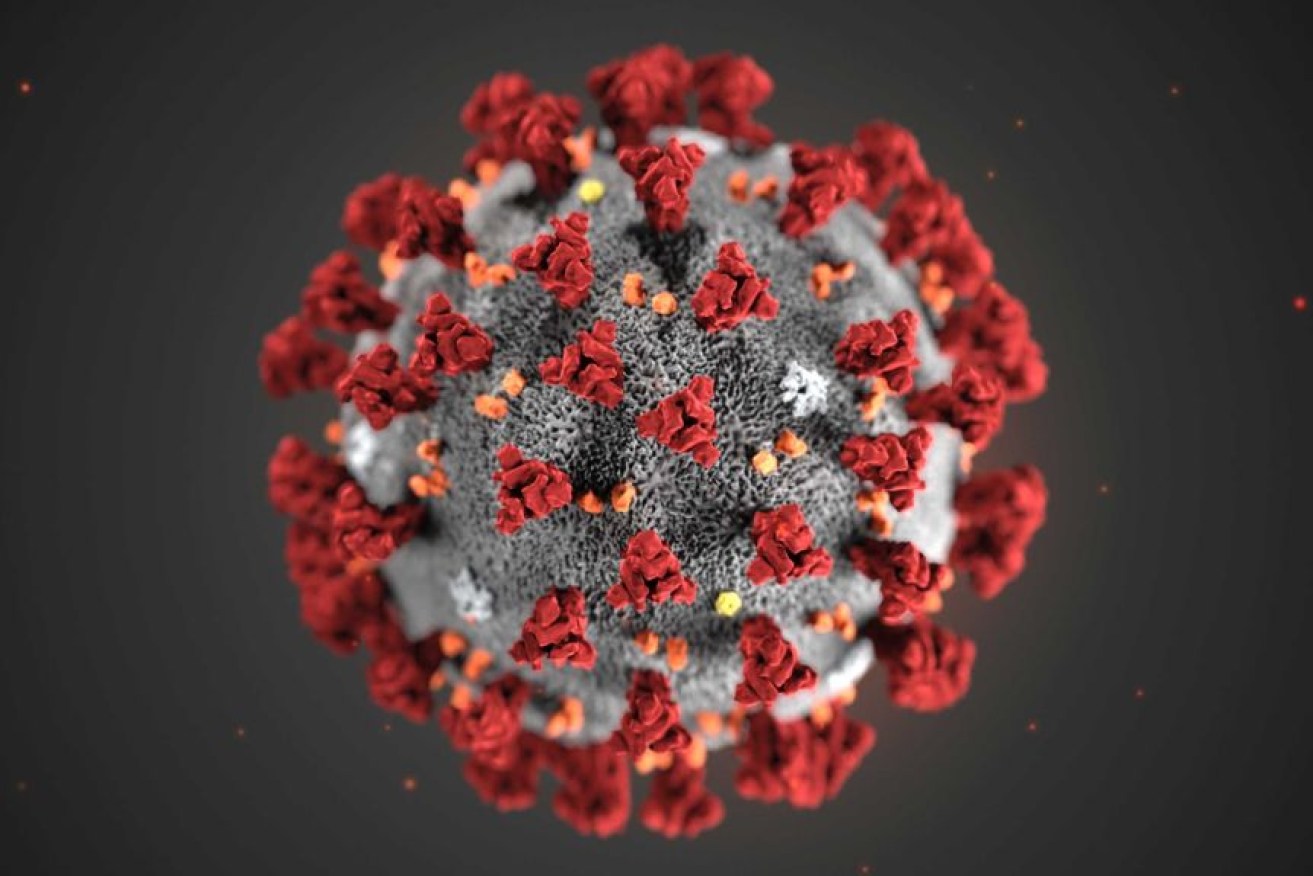New, more contagious coronavirus strain has researchers concerned


Health authorities reported the death of a NSW man on Monday. Photo: AP/CDC
It’s normal for viruses to mutate – and it’s already established that COVID-19 is no different, with studies showing it has taken on more than a hundred different forms.
But leading international researchers have now found one mutation is of particular concern.
They believe the mutation known as D614G could lead to a faster-spreading and more contagious strain of the coronavirus.
The so-called G-strain which has been identified by the team from the US and UK is among hundreds of other COVID-19 mutations to the coronavirus that emerged in Wuhan more than four months ago.
They posted a preliminary study, which has not yet been peer-reviewed, that showed the G-strain is spreading rapidly and infecting far more people than the original strain from China.
- Read the full study here
Therefore, the scientists are puzzling over whether people who may have gained immunity from COVID-19 infections may not be protected against the G-strain.
If they are correct, it could mean the mutation could make it more difficult to create an effective vaccine.
While the research is yet to be formally published, it’s one of a number of studies likely to be closely monitored by health experts as leaders mull over plans for how and when to safely lift virus restrictions.
The research has been lauded by some independent experts as “impressive” while others say their findings should be treated with caution because their research has not yet been proven.
Identifying the so-called G-strain
Using a database called the Global Initiative on Sharing All Influenza Data, researchers tracked changes to the “spike” of the virus that gives it its distinctive shape.
They found the G-strain grew more quickly, but they are yet to understand why, nor the consequences.
They later analysed data from coronavirus patients who were infected with this particular strain and discovered they had a larger amount of the virus in their samples.
But the team did find evidence that those people became sicker or spent longer in hospital.
Australia’s Deputy Chief Medical Officer Paul Kelly said newer COVID-19 strains were not unexpected as viruses tend to mutate.
“Whether they are more transmissible or not that is a typical thing that happens to this type of virus that is spread from animals to become transmissible between humans,” he told reporters on Wednesday.
“It does become generally more transmissible over time and less severe over time.”
David Montefiori, one of the paper’s authors, said the results showed researchers needed to be alert to other mutations that could be occurring.
“I would say [coronavirus] is acquiring mutations that provide a fitness advantage sooner than we expected,” said Professor Montefiori, who is also a director of the Laboratory for AIDS Vaccine Research at Duke University medical centre in North Carolina.
Professor Montefiori said if it weren’t for the mutations, the world may have been even further in front of COVID-19.
“An open question is whether the social-distancing measures would have been even more effective if this variant never existed,” he said.
Lisa Sedger, head of the viruses and cytokines research group at University of Technology Sydney, told the ABC the data in the paper was “impressive”.
“Data of this quality are not often available for human viruses,” Professor Sedger said.
But University of Sydney viral evolution expert Edward Holmes said he had reservations about the importance of the research.
“Will it impact anything important about how we respond to the virus? That’s unclear,” Professor Holmes said.
“At the moment I’m sceptical.”
-with agencies








